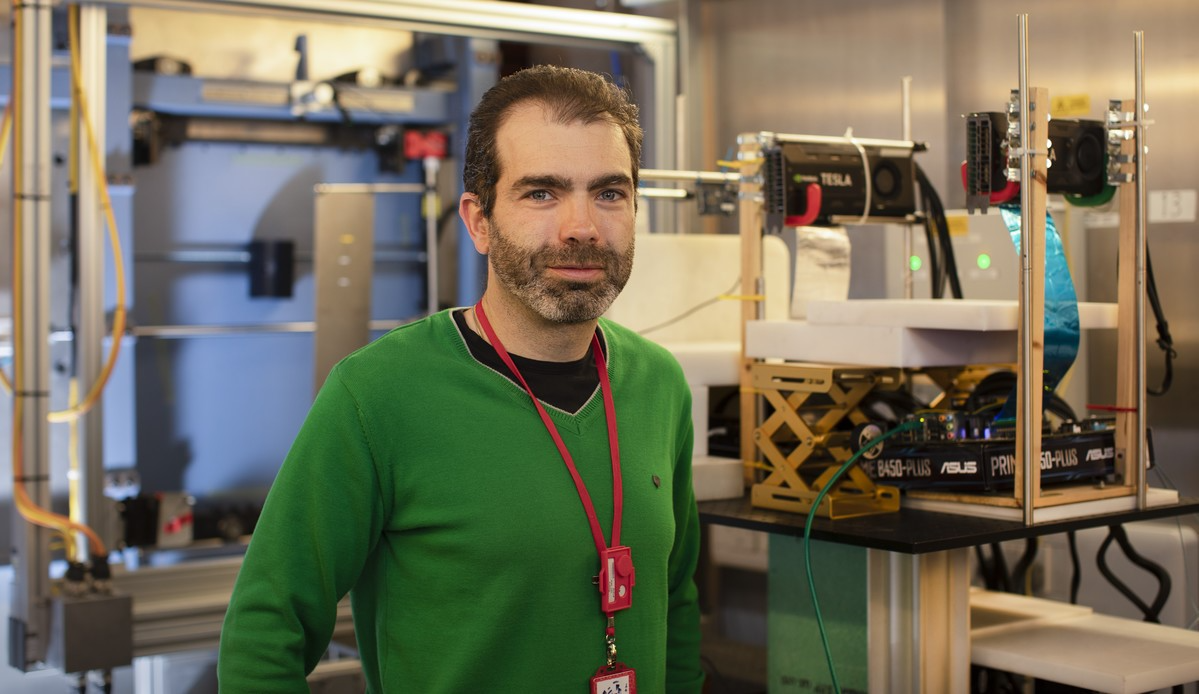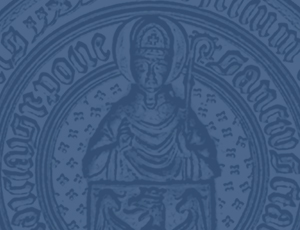Konwersatoria odbywają się o godz. 16:30 poprzez aplikację Webex (recording, privacy) i prowadzone są w języku angielskim.
Aby otrzymywać informacje o comiesięcznych konwersatoriach zarejestruj się pod linkiem.
Kontakt:
Maksymilian Szymczak
 Widok zawartości stron
Widok zawartości stron
Widok zawartości stron
Widok zawartości stron
 Nawigacja okruszkowa
Nawigacja okruszkowa
Nawigacja okruszkowa
Nawigacja okruszkowa
 Widok zawartości stron
Widok zawartości stron
Widok zawartości stron
Widok zawartości stron
 Widok zawartości stron
Widok zawartości stron
Widok zawartości stron
Widok zawartości stron
Konwersatoria odbywają się o godz. 16:30 poprzez aplikację Webex (recording, privacy) i prowadzone są w języku angielskim.
Aby otrzymywać informacje o comiesięcznych konwersatoriach zarejestruj się pod linkiem.
Kontakt:
Maksymilian Szymczak
 Widok zawartości stron
Widok zawartości stron
Widok zawartości stron
Widok zawartości stron

High energy particles from outer space is a significant harm for the safety and reliability of computing systems (and lives) outside of our planet. The thick atmosphere of the Earth and its magnetic field protect us (and our computers) from some of the cosmic rays. However, the impact of the high energy particle with the atmosphere generate a cascade of secondary particles (mainly neutrons) that reach ground. The interaction of neutrons with computing systems can modify the values stores in memory or the result of an operation, causing unpredictable behaviors. In this scenario, computing systems are pervasive in our lives and are adopted in safety-critical applications. Driverless cars are the new trend in the automotive market and, to burst deep space exploration, NASA and ESA are willing to add self-driving capabilities to their rovers. A radiation-induced error in these application can have dramatic outcomes.
In the talk, after a brief description of radiation effects at physical level, we will investigate the reliability of modern computing systems, show if and why a neutron-induced corruption can modify the autonomous vehicles behaviors, and discuss the implications of these corruptions for the adoption in large scale of self-driving vehicles.
The presented evaluation, to be accurate and precise, is based on the combination of beam experiments and fault injection at different levels of abstractions (RTL, microarchitectural, and software). This combination allows us to have a realistic evaluation of the error rate, distinguish between tolerable errors and critical errors, and to design efficient and effective hardening solutions for CNNs.
Paolo Rech received his master's and PhD degrees from Padova University, Padova, Italy, in 2006 and 2009, respectively. He was then a Post Doc at LIRMM in Montpellier, France. Since 2022 Paolo is an associate professor at Università di Trento, in Italy and since 2012 he is an associate professor at UFRGS in Brazil. He is the 2019 Rosen Scholar Fellow at the Los Alamos National Laboratory, he received the 2020 impact in society award from the Rutherford Appleton Laboratory, UK. In 2020 Paolo was awarded the Marie Curie Fellowship at Politecnico di Torino, in Italy. His main research interests include the evaluation and mitigation of radiation-induced effects in autonomous vehicles for automotive applications and space exploration, in large-scale HPC centers, and quantum computers.



